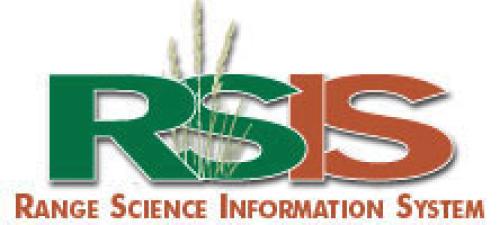According to Trlica and Rittenhouse, grazing is more than just defoliation of plants. Large grazing herbivores change energy balance at the soil surface, create different levels of system disturbance, impact colonization of plants, remove and redistribute nutrients, and influence interactions with other kinds of animals. Plants have evolved many ways to tolerate herbivory. Whether plants overcompensate, equally compensate, or undercompensate to herbivory depends on pre- and post-harvest conditions of the plants and their environments. The authors note that resource managers function in an environment of uncertainty, and natural resource problems are open-ended. The major reason managers use research information is to reduce the risk of making incorrect decisions. If a duality exists between ecological research and application, a concerted effort should be made to eliminate the gap. If an ecological response, like compensation, is to have practical application, the magnitude of the effect must be greater than the intrinsic noise in the system, and the effect must occur on time scales to which a manager can respond with resources and labor that is available.

Citations and enhanced abstracts for journals articles and documents focused on rangeland ecology and management. RSIS is a collaboration between Montana State University, University of Idaho, and University of Wyoming.